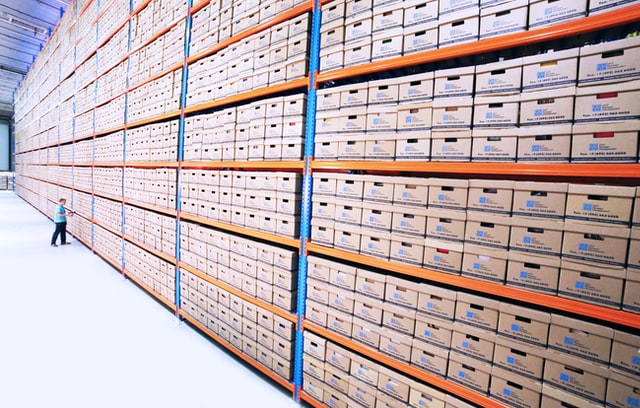Real estate was halted only briefly as a result of pandemic lockdowns, but real estate is not the only aspect of the economy. Not all sectors were equally affected, so real estate won’t recover at the same rate for each sector. Retail was hit the hardest, with many businesses closing temporarily during lockdowns and some being entirely replaced by e-commerce. Success of retail is somewhat difficult to measure from a real estate perspective, but one obvious statistic is vacancy rate, which increased to 6.2% in Greater Los Angeles. It’s since dropped slightly to 5.9%, though restaurants still seem to be faring better than other retail establishments even with weakened restrictions.
Offices are essentially treading water after a steep dropoff. Many businesses have already recognized the need to transition to fully or mostly work-from-home, and already have plans in the works for how they’re going to adapt. Though they’ve certainly experienced losses, it’s unlikely to get much worse for them.
The residential market is still a flurry of activity, albeit predominantly from buyers trying to get a competitive edge. With how low inventory is, it’s inevitable that some of them will fail. Competition favors higher-income buyers, who were also less affected by the recession to begin with, so they haven’t experienced any pull to slow down. Nevertheless, it’s still clearly a seller-controlled market, and sellers don’t want to sell right now.
Meanwhile, the industrial sector has actually experienced gains. Contrary to brick-and-mortar retail, consumers don’t need to go anywhere to pull products out of warehouses. They just buy everything online. Currently, the industrial sector’s biggest roadblock is not having enough land to build even more warehouses to keep up with demand.
Photo by Nana Smirnova on Unsplash
